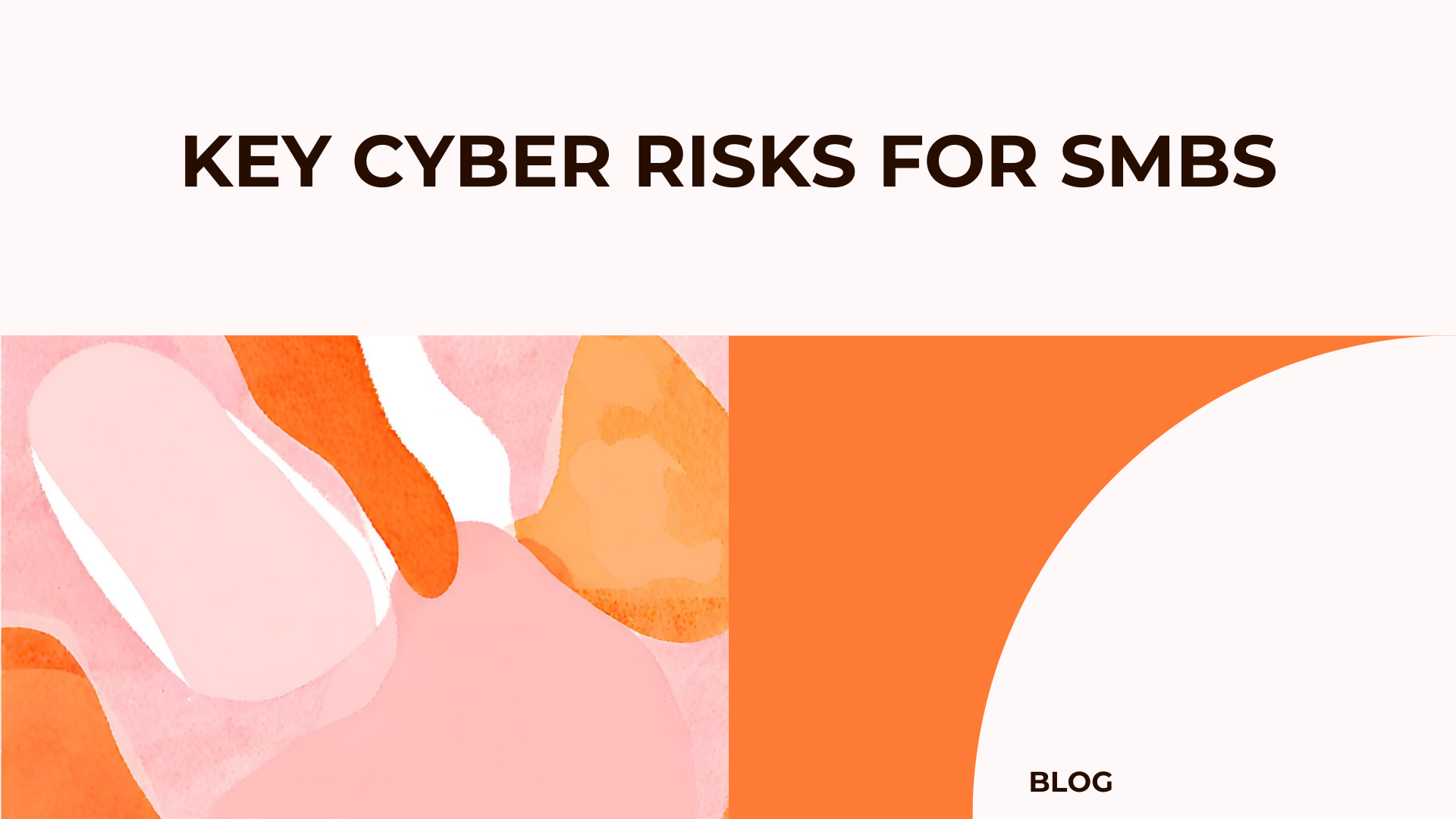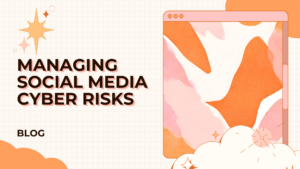You may assume that only big businesses are vulnerable to cyber attacks. Unfortunately, you’d be mistaken. Not only do cybercriminals regularly attack small- to medium-sized enterprises (SMEs), but cyber threats can also cause lasting damage. Many small businesses are not able to afford the downtime or data loss that happens after an attack.
As a small business owner, here’s what you should keep in mind to help protect your company from cyber threats.
Understanding Phishing Scams
The media frequently reports on data breaches from big corporations, making it seem as though cybercriminals primarily attack those companies. In truth, hackers typically send their malware out in a scattershot approach. This means any vulnerable company could be snared in the trap! Common attacks include:
Ransomware
This is when an attacker gets access to your data and then hold it for ransom until you pay them a certain sum (often in cryptocurrency). Ransomware can disable the victim’s device until the ransom is paid, or it can collect sensitive information as a means of leverage. Even a few dozen customers’ banking details are worth a lot on the black market, so don’t assume that your business is too small to experience a ransomware attack.
Cybercriminals may actually prefer to target SMEs because they often have limited cybersecurity and are more likely to pay the ransom. Whether they pay the ransom or accept the loss of data or permanent crippling of devices, the business’s credibility often plummets. They may also lose revenue because the affected devices need to be replaced.
Phishing
Phishing attacks, in which fake messages try to convince users to hand over sensitive data, happen once every 14 seconds. Cybercriminals know that most people won’t “bite,” so they send out as many phishing messages as possible. This form of attack mostly occurs through emails but can be done through phone calls and social media.
Phishers count on small business owners and employees not paying close attention. When they accidentally click on malicious links in emails, they give the cybercriminals unlimited access to their computer and network.
Insider Threats
An insider threat is a risk to an organization that is caused by the actions of a current or former employee or contractor. Unfortunately, there are unscrupulous individuals who will sell information or wreak havoc in your business. These attacks can be difficult to detect or prevent because the perpetrator doesn’t need to do anything fancy — they often already have access!
What can small businesses do to protect themselves?
The first step toward cybersecurity is to educate yourself on common attacks. Next, be sure your team knows not to click on links in strange emails or access suspicious websites from company devices.
SMEs tend to be a bit more lenient when it comes to cybersecurity. Don’t make this mistake! Always secure your devices with passwords, restrict access to your company databases and files, and require your employees to have strong passwords for their accounts. Don’t use the same password for multiple services.
It’s always a good idea to install anti-malware software that can ward off ransomware, but remember that many cybercriminals use “social engineering.” This means they will pretend to be a customer, vendor, or business associate to gain your trust. Take every single email, voicemail, and link sent to your business with a grain of salt. It’s not legit until proven so!
Also, to block insider threats, small businesses should immediately remove access to crucial databases and accounts. All access should be customized for each person’s role, as well. You can set individual permission levels so that if someone has ulterior motives, they won’t have access to your company’s most sensitive data.
Finally, you need to ensure that you have a strong culture of security awareness within your organization. Educate your entire team about cybersecurity and train them on how to identify threats. Make them feel empowered to address or report any threats.
Wrapping up
You and your business’s employees all need to be aware of the commonality of cyberattacks. Full cybersecurity requires everyone’s participation! Make basic cyberattack awareness and cybersecurity training part of your company culture, and help keep your small business safe.




